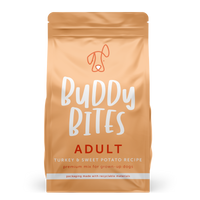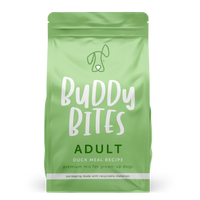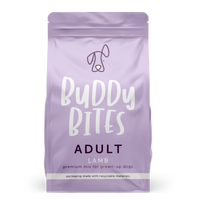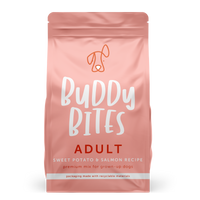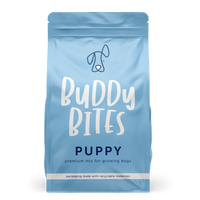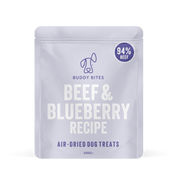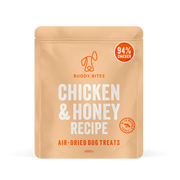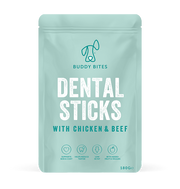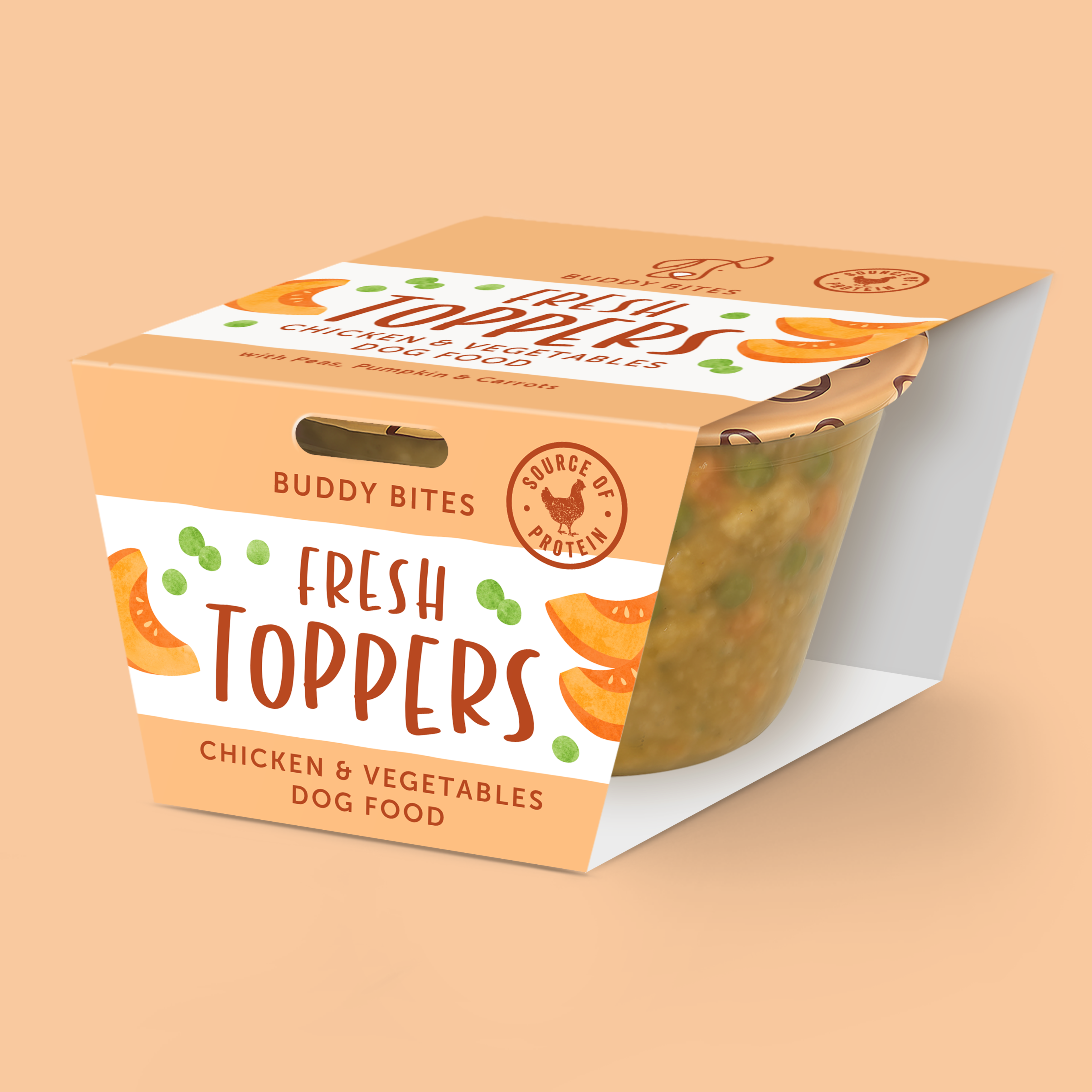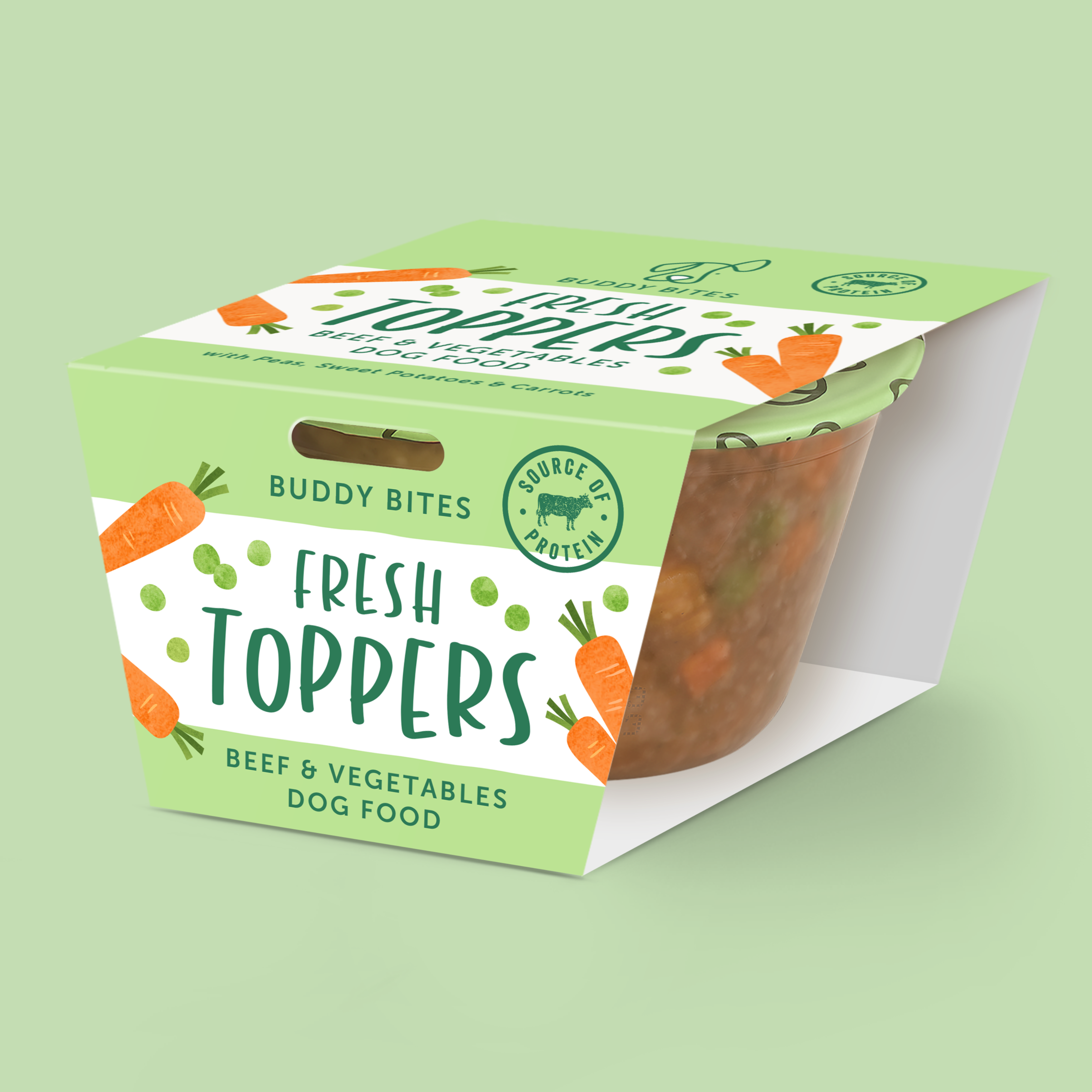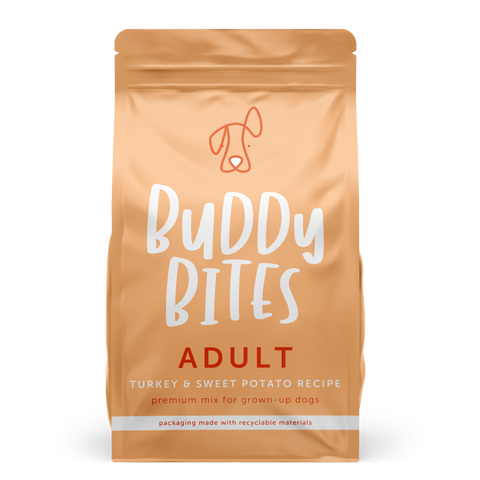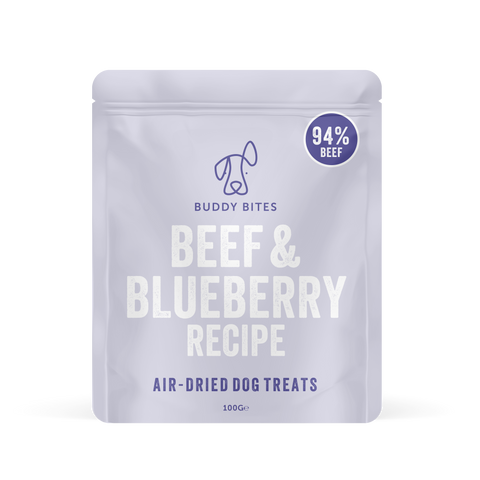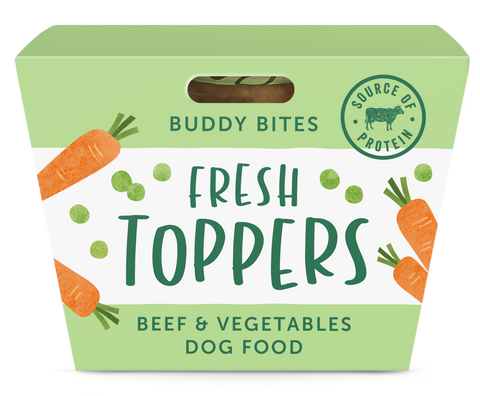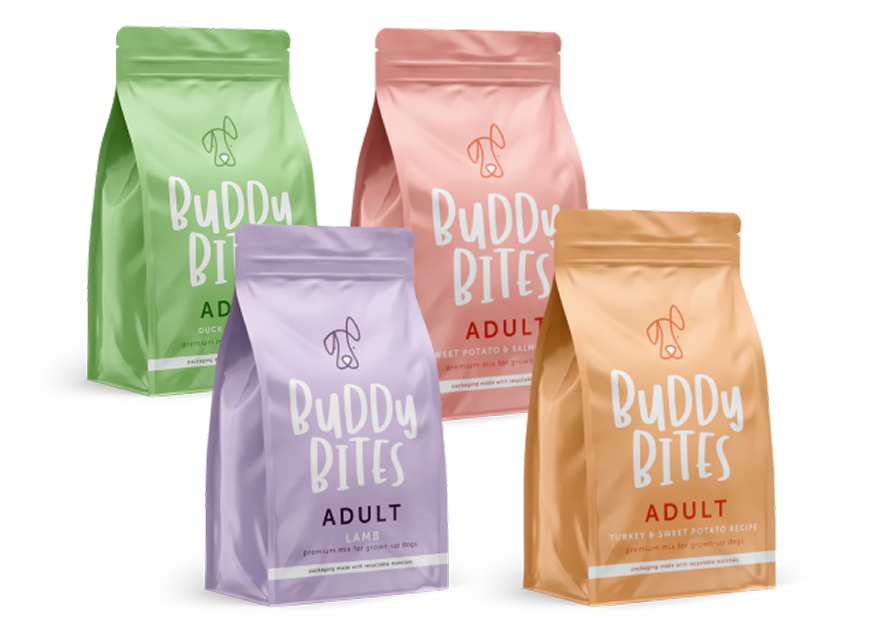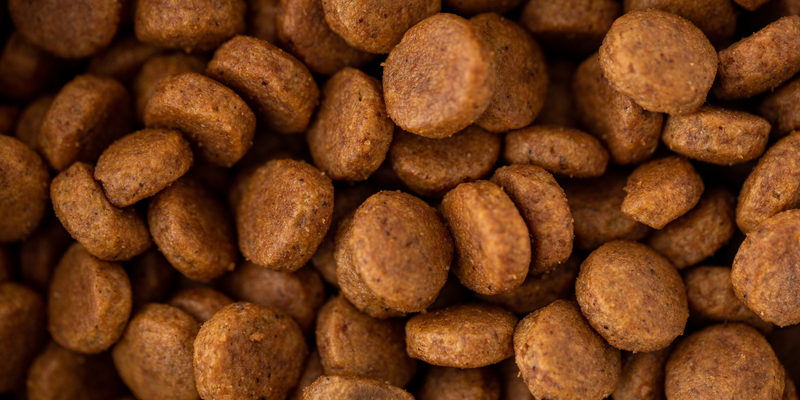Food Allergies in Dogs
March 25, 2023

Types of allergies in dogs
Dogs can have a variety of allergies, including:
- Food allergies: Dogs can be allergic to certain ingredients in their food, such as beef, dairy, wheat, soy, and eggs.
- Inhalant allergies: These are allergies to things that dogs breathe in, such as pollen, dust mites, mould, and dander.
- Contact allergies: Dogs can have skin reactions from direct contact with certain substances, such as flea collars, topical flea medications, shampoos, and cleaning products.
- Flea allergies: Some dogs are allergic to flea bites and can develop skin irritations and infections as a result.
- Drug allergies: Dogs can have allergic reactions to certain medications, such as antibiotics, pain relievers, and vaccines.
What are food allergies in dogs?
Food allergies in dogs are an adverse reaction to a specific ingredient in their diet. They are different from food sensitivities, which are not immune-mediated.
To diagnose a food allergy, a veterinarian may recommend an elimination diet, where the dog is fed a novel protein source, such as duck or fish, and carbohydrates they haven't previously been exposed to, such as sweet potato or brown rice. If the symptoms resolve, then a food allergy is suspected and the original diet can be reintroduced one ingredient at a time to determine which ingredient is causing the reaction.

Food Allergy vs food sensitivity
Food allergies and food sensitivities (also called food intolerances) are both adverse reactions to food, but they are caused by different mechanisms and can have different symptoms.
A food allergy is an immune-mediated reaction to a specific food ingredient, in which the immune system mistakenly identifies the food as a threat and produces antibodies to fight it. This can result in a range of symptoms, such as skin rashes, itching, digestive upset, and respiratory distress.
A food sensitivity, on the other hand, is a non-immune mediated reaction to a food ingredient that does not involve the immune system. It can result in a range of symptoms, such as digestive upset, gas, bloating, and diarrhoea. While food sensitivities are generally not life-threatening like food allergies, they can still cause discomfort and may require dietary modifications to manage.
Both food allergies and food sensitivities can be triggered by a wide range of foods, and it can be difficult to identify the specific ingredient causing the problem.
What are some common foods that dogs are allergic to?
The top 4 most common food allergens for dogs are typically considered to be:
- Beef
- Dairy (e.g. milk, cheese)
- Wheat
- Chicken
However, it's important to keep in mind that any type of food, including fruits and vegetables, can potentially trigger an allergic reaction in dogs.
Symptoms of a food allergy include:
Dogs with food allergies may display a variety of symptoms, including gastrointestinal issues such as vomiting, diarrhoea, and excessive gas, as well as skin issues like itching, redness, and hair loss. Other symptoms may include ear infections, coughing, and sneezing. However, it's important to note that these symptoms can also be indicative of other health issues, so it's important to consult with a veterinarian to determine the underlying cause.
Breeds more prone to food allergies:
Any dog breed can develop food allergies, but some breeds may be more predisposed to developing them. Some dog breeds that may be more prone to food allergies include:
- Boxers
- Cocker Spaniels
- Dalmatians
- German Shepherds
- Labrador Retrievers
- Shar Peis
- Terriers

What is the treatment for dogs with food allergies?
The treatment for dogs with food allergies typically involves identifying and avoiding the specific food allergen that is causing the problem. Here are some common treatment options:
- Elimination diet: Your veterinarian may recommend an elimination diet to determine the specific food allergen that is causing the problem. This involves feeding your dog a diet consisting of a novel protein and carbohydrate source that they have not previously consumed, and then gradually reintroducing other foods to determine which one triggers the allergic reaction.
- Prescription hypoallergenic diet: Your veterinarian may recommend a prescription hypoallergenic diet for your dog, which is specially formulated to reduce the risk of triggering an allergic reaction.
- Medications: Your veterinarian may prescribe medications to help manage your dog's symptoms, such as antihistamines or steroids to reduce itching and inflammation.
- Nutritional supplements: Your veterinarian may recommend nutritional supplements, such as omega-3 fatty acids or probiotics, to help support your dog's immune system and reduce inflammation.

Remember that it's important to work closely with your veterinarian to develop an appropriate treatment plan for your dog's food allergy. With proper management, most dogs with food allergies can live happy, healthy lives.
